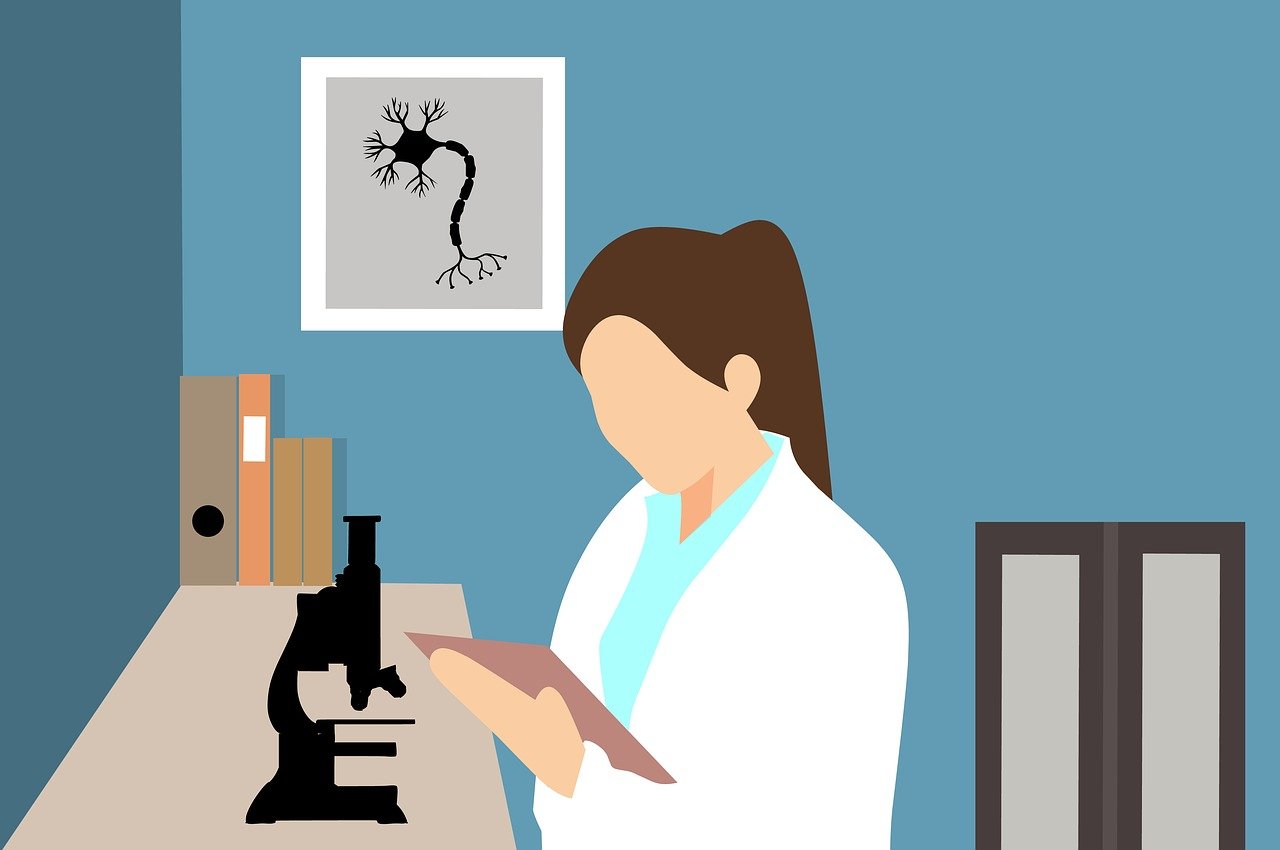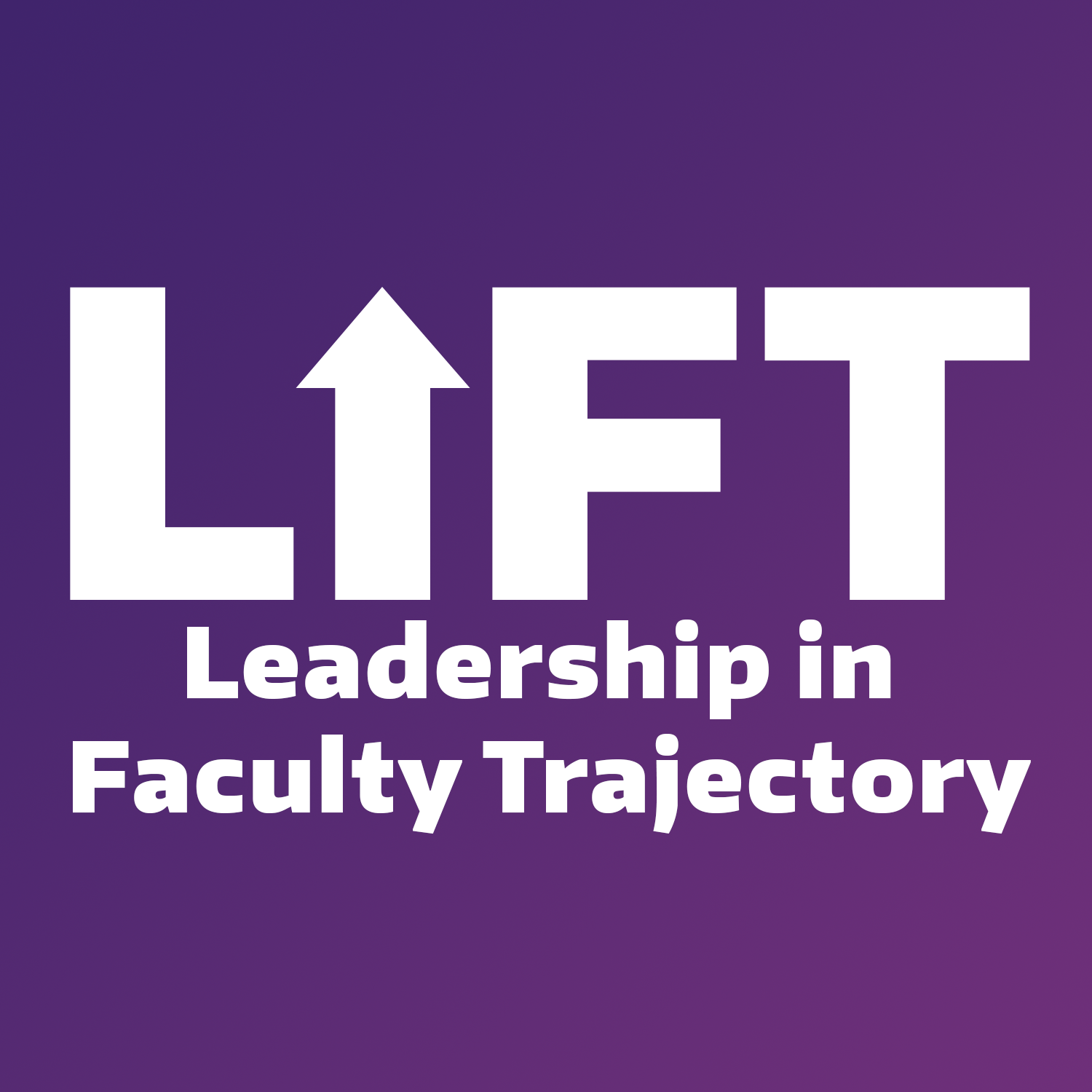

Increasing preparedness for faculty promotion process
National context
The numbers of women entering the medical profession have been growing steadily for decades and women have made up a majority of those enrolling in medical school since 2017. Data published in 2019 show that the proportion of women full-time faculty has been growing and women now make up 41% of full-time faculty.
Despite this growing parity, as of 2019 women made up only 25% of professors, and fewer than 20% of deans and department chairs. Only 12% of women chairs are underrepresented in medicine (URM).
Nationally, women academic physicians are less likely than men to be promoted to associate and full professor and this gap has not narrowed since 1979.
Leadership in Faculty Trajectory (LIFT)
In 2022, the Department of Medicine Gender Equity Council introduced the Leadership in Faculty Trajectory (LIFT) program, based on a similar initiation in the General Internal Medicine Division at Emory University.
The program was piloted by the Division of General Internal Medicine, the department's largest division, aiming to improve communication and transparency around the promotion process.
The LIFT program utilizes a committee of volunteers at the rank of full professor. The committee begins by identifying all eligible assistant and associate professors to invite to participate in the program.
Those identified for participation included faculty on the clinician-scholar and physician-scientist pathways who were at least 3 years in rank as assistant professors and 5 years in rank as associate professors. Both men and women were invited to participate in the program.
The committee’s goals were to review and assess the participant's readiness for promotion, identify specific actions they can take to improve their progress and help connect participants with additional mentorship and opportunities. Participants also had the opportunity to ask the committee specific questions as they related to their own portfolios.
Applications and Lessons
While each individual’s action plan differed, the majority of participants found that the committee provided them with actionable advice for improving their promotion portfolio and increased their confidence in going up for promotion.
Of the recommendations made by committee members, participants found several specific actions particularly helpful:
- Being selective in committees/service participation
- Prioritizing publication
- Rearranging their CV
- Applying and accepting national opportunities and small grants
- Reaching out to others specifically mentioned for advice
- Meeting with a committee member who offered sponsorship
- Becoming more vocal about wanting leadership positions
The program’s structure also helped participants feel more prepared for the promotion process. Prioritizing personal connections for promotion consultation, more formalized opportunities for mentorship, and starting early in the career/cycle were identified as potential opportunities.
Many committee members indicated that they would participate again and would recommend the program to faculty considering promotions.
Lessons from the LIFT pilot indicate that efforts toward creating formal routes for advice, dialogue and sponsorship can help faculty feel more prepared for the promotion process and more supported in their career development.